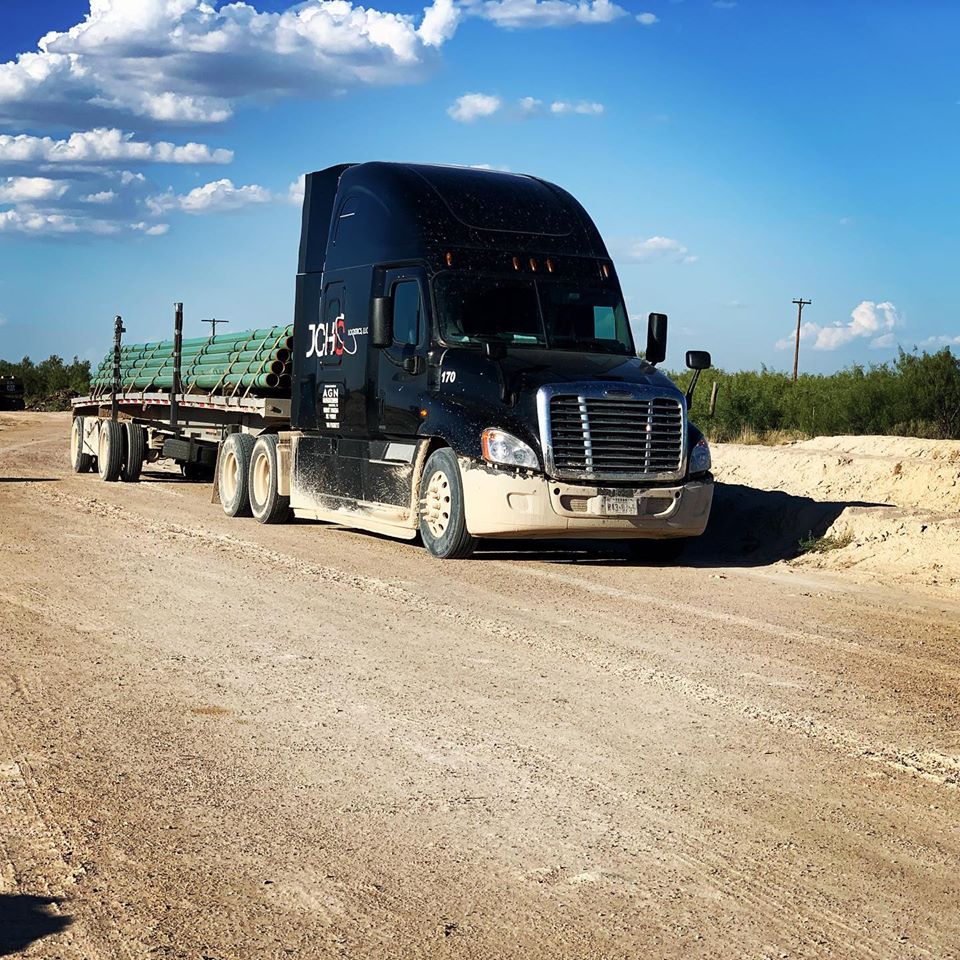Using a freight broker to assist the construction industry can provide several benefits. Here are some key advantages:
- Efficient Transportation: Freight brokers specialize in coordinating transportation services, including shipping and logistics. They have extensive networks of carriers and can match the specific requirements of the construction industry with reliable transportation options. This ensures efficient construction materials, equipment, and supplies movement to and from job sites.
- Cost Savings: Freight brokers have expertise in negotiating favorable rates with carriers due to their volume of business. By leveraging their relationships with carriers and knowledge of shipping lanes, they can help the construction industry secure competitive pricing for transportation services. This can lead to cost savings and improved profitability.
- Time Savings: Coordinating transportation can be time-consuming, particularly for construction companies focused on their core activities. Freight brokers handle the entire logistics process, including carrier selection, shipment tracking, and resolving any issues that may arise. By outsourcing these tasks, construction companies can save time and focus on their primary operations.
- Expertise and Industry Knowledge: Freight brokers possess industry-specific knowledge and experience handling construction-related shipments. They understand the unique requirements and challenges the construction industry faces, such as oversized or specialized equipment, permit requirements, and project timelines. This expertise ensures that shipments are handled appropriately and in compliance with regulations.
- Flexibility and Scalability: Construction projects often require flexibility in transportation services due to changing project requirements, timelines, and locations. Freight brokers offer a wide range of carrier options and can quickly adapt to accommodate fluctuations in transportation needs. Whether a small shipment or large-scale project logistics, freight brokers can scale their services accordingly.
- Risk Mitigation: Freight brokers ensure carriers meet legal and regulatory requirements, including insurance coverage. They can verify carriers' credentials, track records, and safety ratings, minimizing the risk associated with unreliable or non-compliant carriers. This helps construction companies mitigate potential liabilities and maintain compliance with transportation regulations.
- Enhanced Visibility and Tracking: Freight brokers often provide technology platforms or systems that allow real-time tracking of shipments. This visibility enables construction companies to monitor the progress of their deliveries, anticipate any delays or issues, and communicate updates to project stakeholders. Such transparency enhances efficiency and helps in effective project management.
By leveraging the services of a freight broker, the construction industry can optimize its transportation operations, reduce costs, save time, and benefit from specialized expertise. This collaboration allows construction companies to focus on their core competencies while ensuring smooth and reliable movement of goods.






Post a comment